Libya’s prosecutor to probe secret meeting with Israel FM
Libya’s chief prosecutor has set up a fact-finding mission to probe a recent secret meeting between the country’s foreign minister and her Israeli counterpart that was publicized last week.
General Prosecutor Al-Siddiq Al-Sour said in a statement on Saturday a fact-finding committee was set up to probe the meeting after receiving complaints that the minister violated Libya’s rules of boycotting Israel.
According to the statement, the fact-finding committee “will measure the extent of damage inflicted on the interests of the Libyan state.”
The committee is also assigned to collect all related materials about the meeting, including testimonies of all those involved in the incident.
The meeting, which took place between Libyan Foreign Minister Najla al-Mangoush and her Israeli counterpart Eli Cohen in Italy on August 22, was publicized by Cohen, who boasted in a statement on August 27 about “the great potential” for the two sides to cooperate.
Following news of the controversial meeting that triggered protests in the North African country, Mangoush was suspended by Prime Minister Abdul Hamid Dbeibeh. She was later sacked after she fled the country.
On Sunday, Israeli Prime Minister Benjamin Netanyahu slammed the publication of the secret meeting as “not helpful” and “an exception to the rule” of secret contacts.
He indirectly blamed Cohen for the controversy that followed the announcement of the meeting.
“There have been, just, innumerable confidential contacts made between Israel and Arab leaders, Muslim leaders… But we were very careful not to reveal this [ahead] of time,” Netanyahu told media.
Last week, the Libyan foreign ministry issued a statement saying that the interaction did not include “any discussions, agreements or consultations”, describing the meeting as “an unprepared, casual encounter”.
But Israeli and US officials later quoted by Axios refuted the claim.
In a report last week, Axios said US President Joe Biden’s administration had been pushing for normalization between Libya and Israel for two years and that the fallout of the disclosure of the meeting has harmed such efforts.
Dbeibah on Thursday vehemently rejected any form of normalization with Israel.
“We affirm our rejection of any form of normalization. Long live Libya, long live Palestine, and long live the Palestinian cause in all of our hearts,” Dbeibah said during the televised meeting.
Dbeibah has headed the government based in the capital since early 2021. He came to power under a UN-backed process with the aim of unifying Libya and preparing the country for elections.
In late 2020, the United Arab Emirates, Bahrain, Sudan, and Morocco signed normalization deals, brokered by the administration of the then-US president Donald Trump, with the Israeli regime. The deals were condemned by Palestinians as a “betrayal” to their cause.
Houthi: Yemen’s hypersonic missiles have surprised enemy
Israel makes deepened incursion into Lebanon despite truce
IRGC intelligence forces capture agent linked to foreign espionage service
VIDEO | Palestinians in Yarmouk Camp cling to hope and determination
Israel preparing to stay in southern Lebanon after ceasefire: Report
Israeli pressure on Hamas ‘hardly helped’; swap deal necessary: Ex-Mossad chief
Far-right Israeli minister Ben-Gvir again storms al-Aqsa Mosque
Iran: Israel’s attack on journalists’ vehicle in Gaza amounts to ‘war crime’


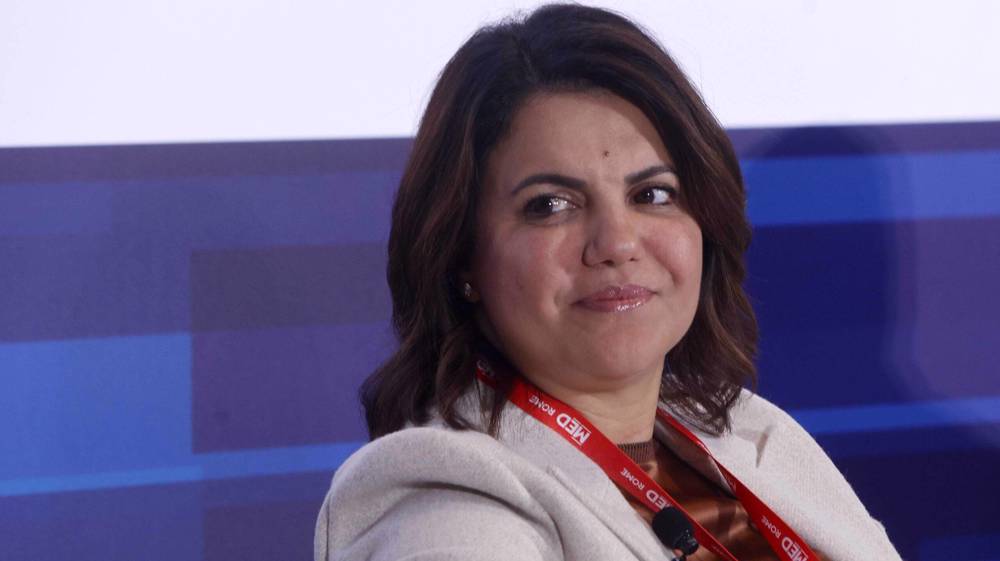
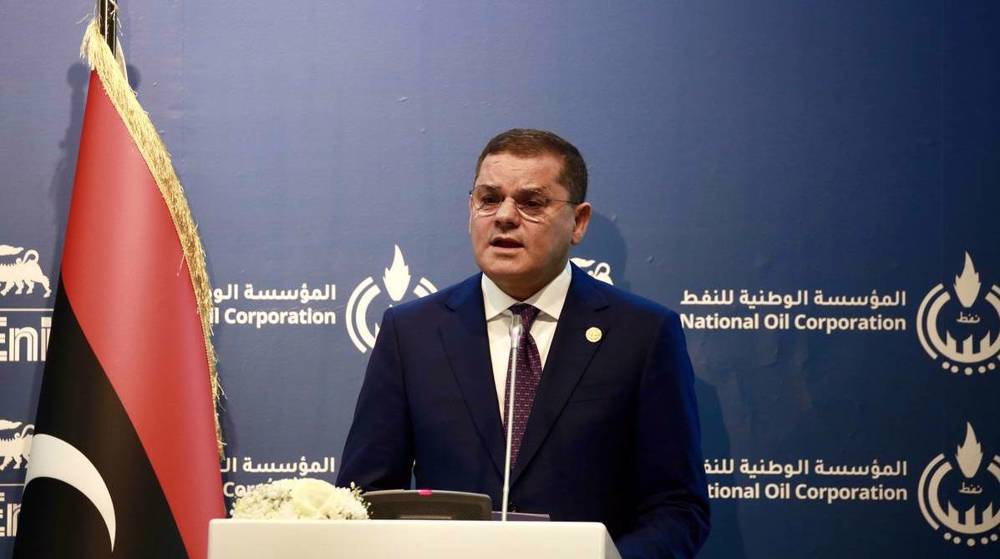

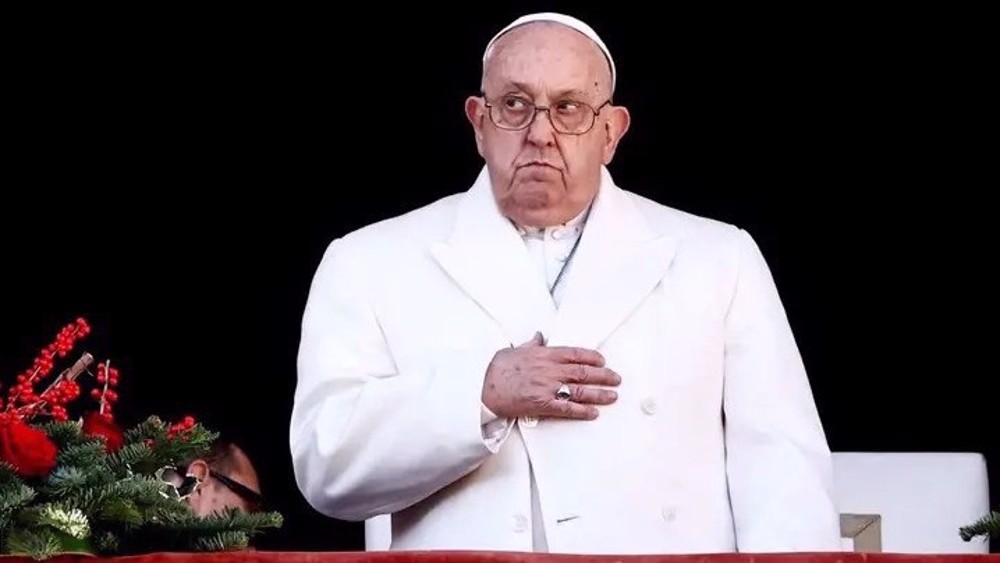
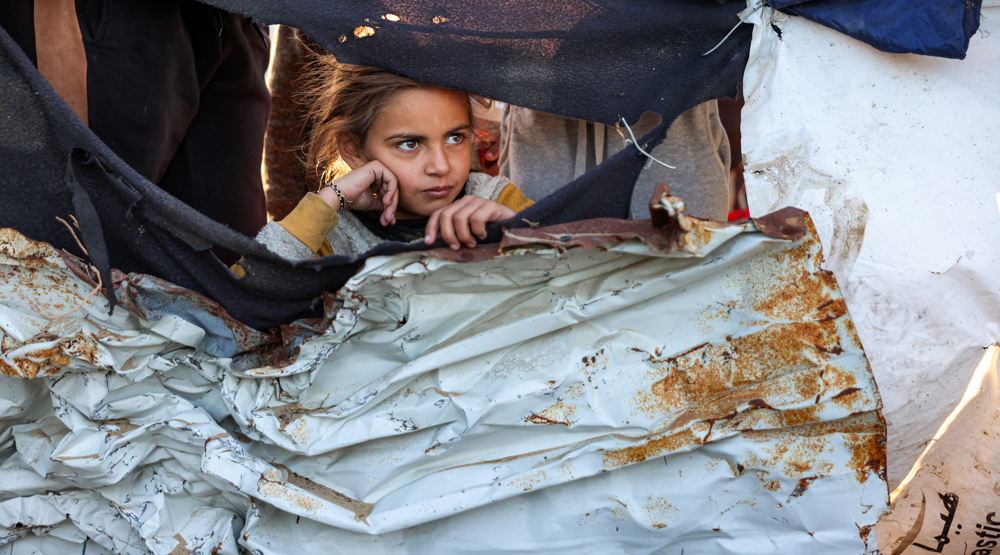



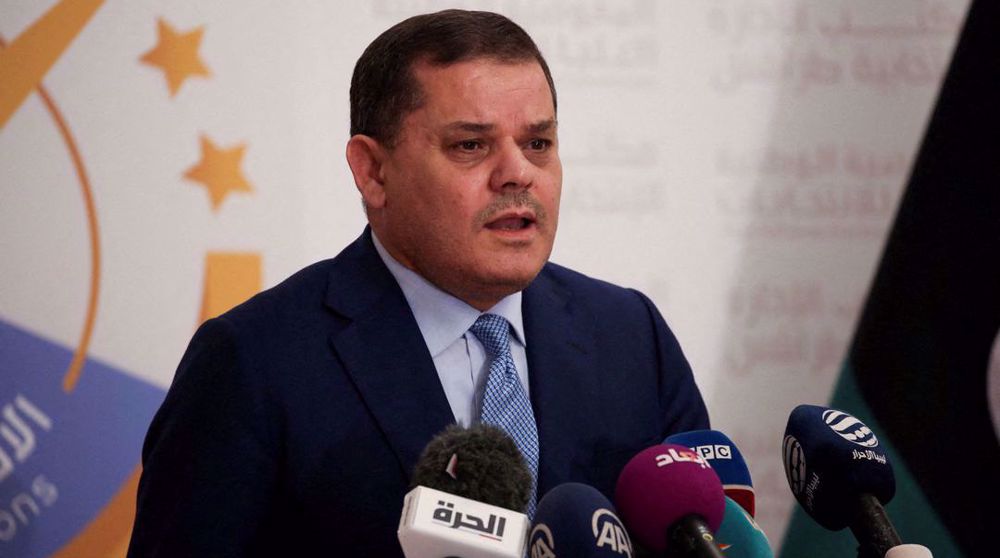

 This makes it easy to access the Press TV website
This makes it easy to access the Press TV website